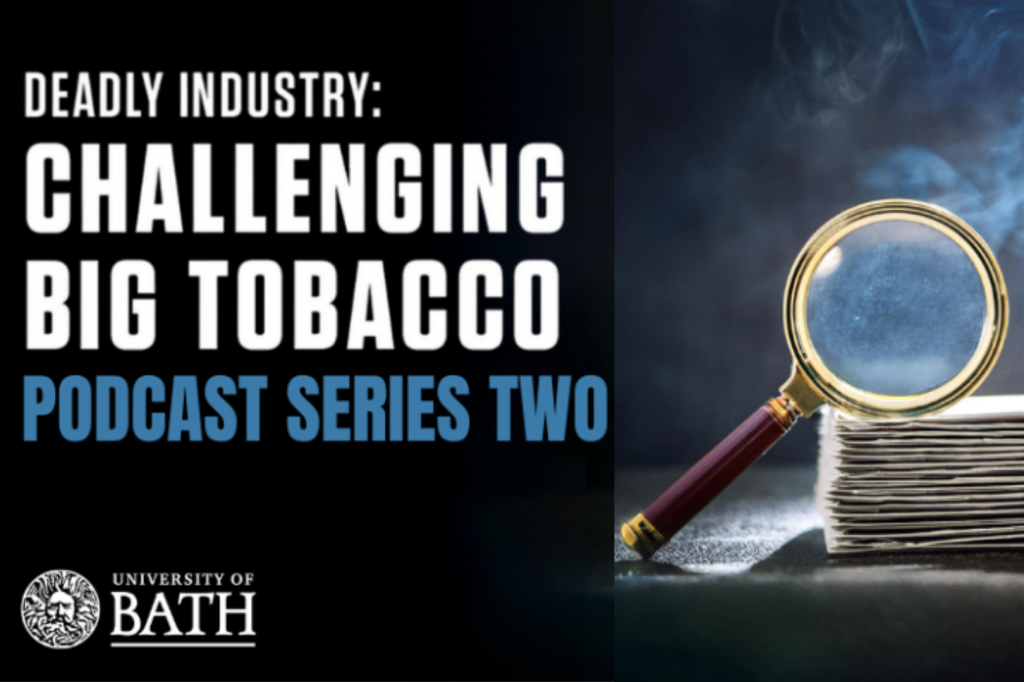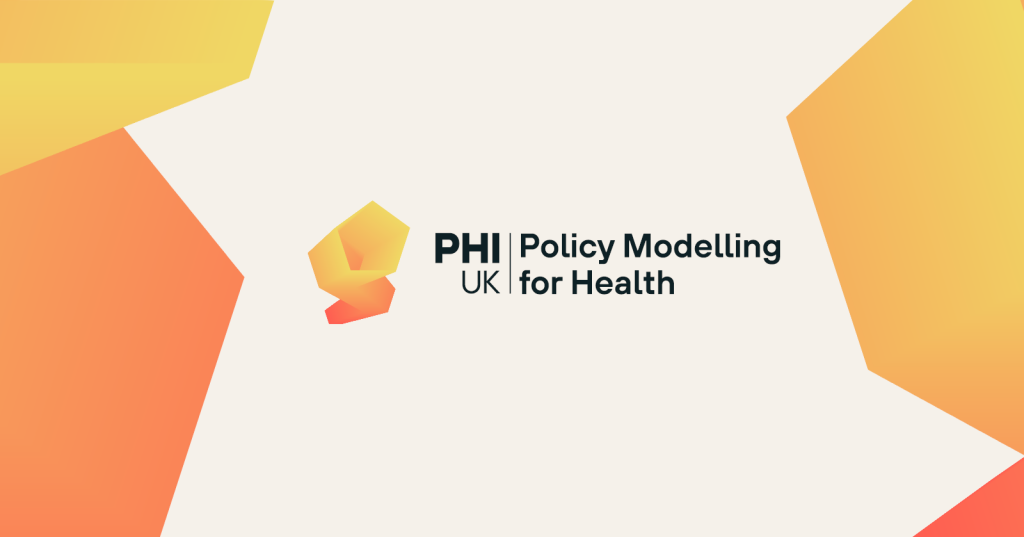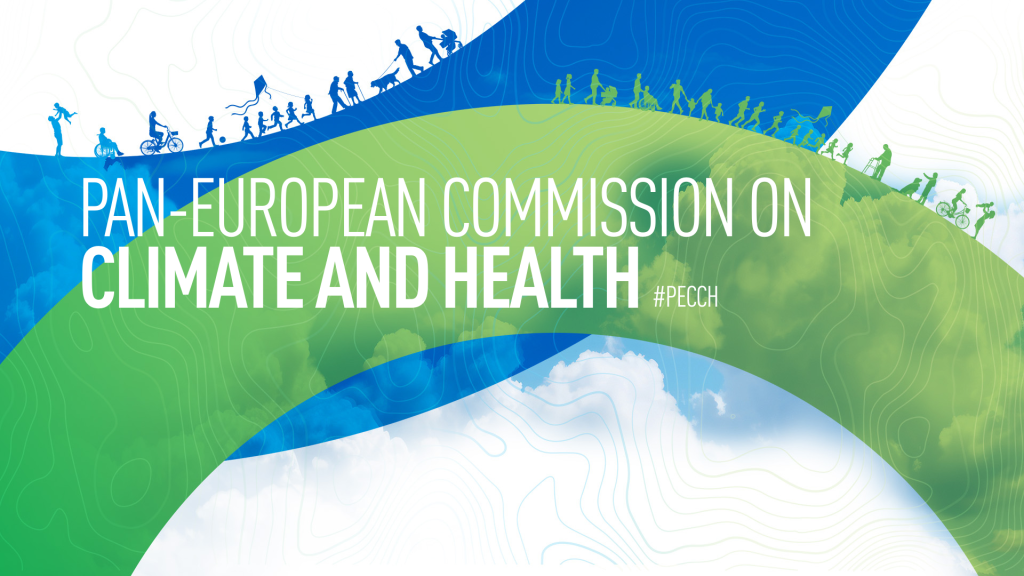A new episode of the University of Bath's podcast series, Deadly Industry: Challenging Big Tobacco, offers essential insights for anyone working on the commercial determinants of health. This week's episode provides a crucial examination of 'multistakeholderism' and its implications for public health policy.
In episode four of the second series, investigative researcher and journalist Louis Laurence is joined by Dr Amber van den Akker from the University of Bath and Dr Nason Maani from the University of Edinburgh to unpack why health-harming industries are so determined to influence policy-making and what this means for public health.
Understanding multistakeholderism
The episode, titled "Why do corporations want a seat at the policymaking table?", investigates multistakeholderism: the practice of the public sector collaborating with other sectors, including industry, to address issues of public importance. While this approach may sound reasonable in principle, the episode reveals how it can be weaponised by industries whose products cause harm.
Dr van den Akker and Dr Maani examine the tobacco industry's persistent efforts to gain legitimacy at policy tables, exploring the tactics used to secure influence and the consequences for evidence-based decision-making. Their discussion illuminates how Big Tobacco's participation in policy processes can fundamentally distort what we understand by terms like "evidence-based", "all of society", and "multi-stakeholder" approaches.
A threat beyond public health
Dr Maani commented: "Big Tobacco continues to pose a threat not only to public health, but to national and global governance mechanisms. Its actions continue to distort what we mean by 'evidence-based', 'all of society' or 'multi-stakeholder' approaches. This series helps to lay these influences bare."
The episode arrives at a critical moment, launching ahead of the WHO Framework Convention on Tobacco Control COP11 in Geneva this November, where decisions will shape tobacco policy and regulation worldwide. Understanding how industry interference operates is essential for protecting the integrity of such crucial policy spaces.
Lessons for other health-harming industries
While the episode centres on Big Tobacco, the discussion extends beyond tobacco control. Dr van den Akker and Dr Maani draw important connections to other harmful industries, including alcohol, ultra-processed food, and fossil fuels. The episode demonstrates how corporate strategies developed by the tobacco industry are replicated across sectors to protect profits, promote addiction, and resist regulation.
This cross-industry perspective is particularly relevant for those working to address commercial determinants of health, revealing common patterns of corporate interference that transcend individual sectors.
A must-listen for public health advocates
Episode four of Deadly Industry: Challenging Big Tobacco is part of the eight-episode second series from the University of Bath's Tobacco Control Research Group, a world leader in uncovering Big Tobacco's tactics and part of the University's Centre for 21st Century Public Health.
The series, evidenced by award-winning research, delivers sharp insights and powerful storytelling that makes complex policy issues accessible to a broad audience. It is essential listening for public health advocates, policymakers, researchers, and anyone interested in understanding how powerful industries operate behind closed doors and shape the policies that affect our health.
Listen now
Episode 4 launches on Tuesday, 7 October 2025, and is available on all major podcast platforms, including Spotify, Apple Podcasts, and Amazon Music.
Find the podcast at: shows.acast.com/deadly-industry-challenging-big-tobacco
For more information about the Tobacco Control Research Group's work, visit: bath.ac.uk/campaigns/podcast-deadly-industry-challenging-big-tobacco





